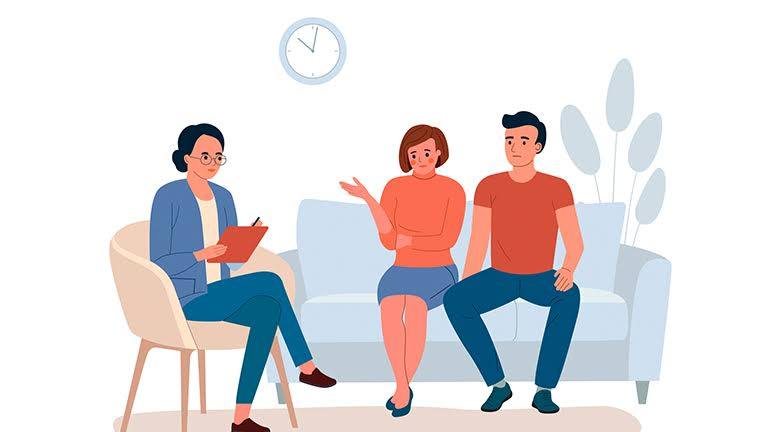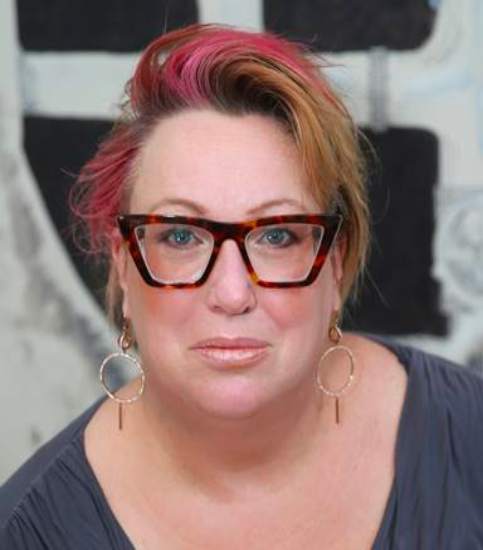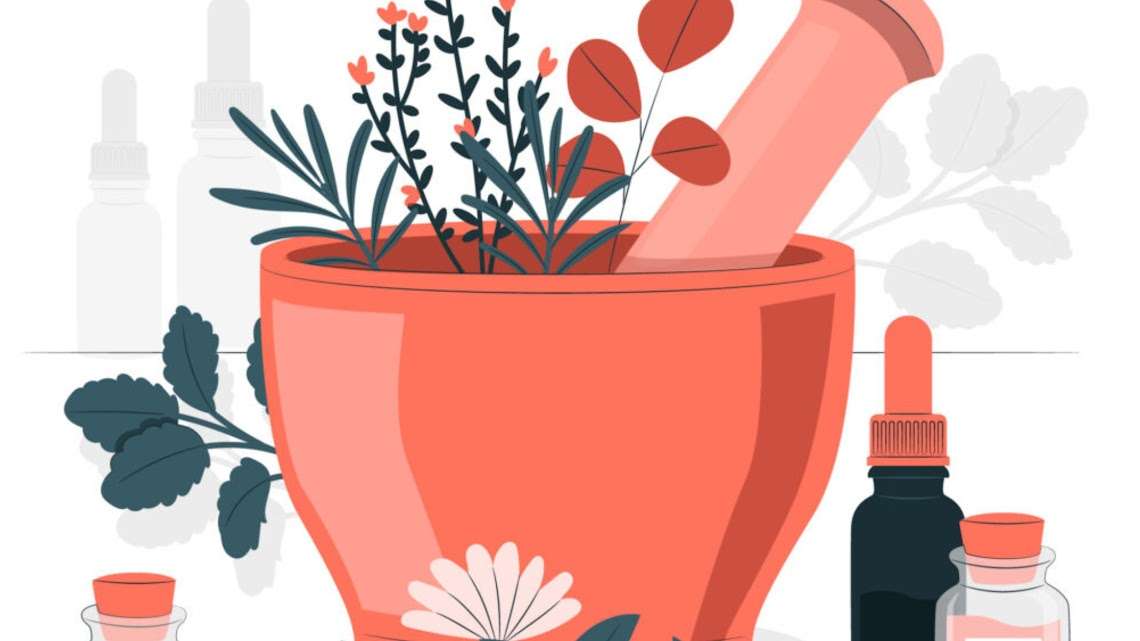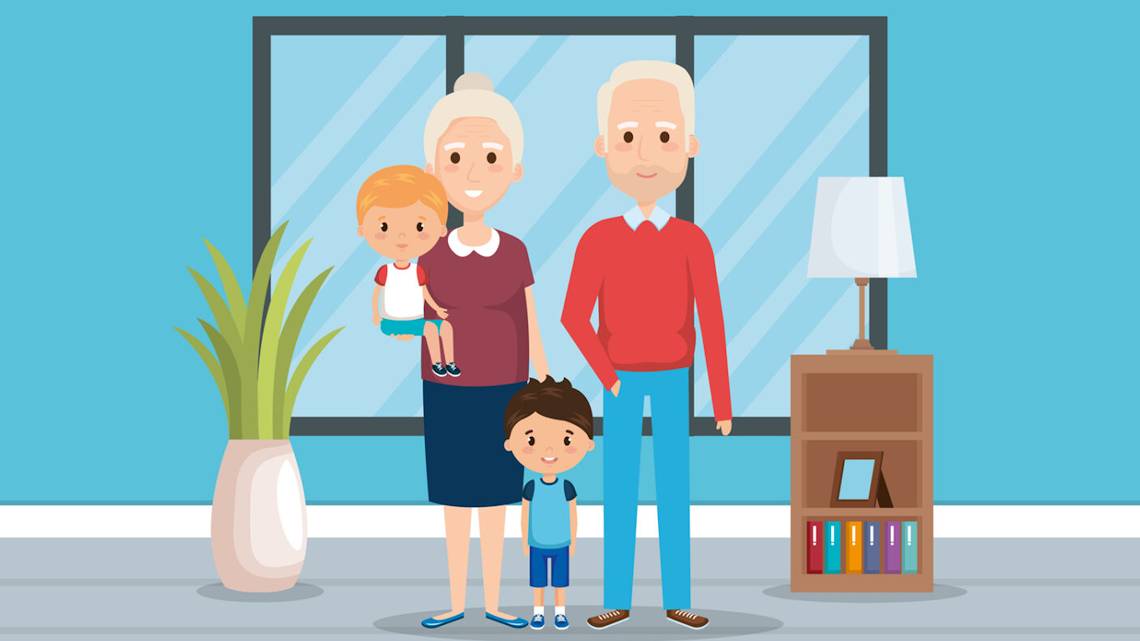
Relationship psychologist Barbara De Angelis reminds us, “Marriage is not a noun; it’s a verb. It isn’t something you get. It is something you do”. Part of “doing marriage” entails keeping our relationships in good health. A good marriage is not created by luck, it is created by effort. Perhaps your marriage may benefit from a health check, and some investment to make it become strong again. In this article I address when you should consider the help of an external expert, a couples’ counsellor, to help heal your relationship.
When couples start therapy, the counsellors will look for a “sign of life” in the relationship. Were the members of this couple once happy together? If they were happy once, they could be happy again.
The success of counselling depends on each individual, their history of their relationship, the degree of contempt in the relationship, how they deal with conflict, the commitment of both parties to try to work at the relationship, and of course, if there are no third parties in the relationship.
Here are some items that I believe indicate couples counselling could be considered to help fix your relationship.
- You’ve lost that special connection. If you feel like you are more like flatmates than life-mates you may need benefit to look at what has led to this connection feeling lost, and what you can do to build your special bond again. Sometimes romantic partners feel determined, because of past hurts from the relationship or experienced outside of the relationship, to express their independence from their partner. Cutting your partner off emotionally can build into a significant void over time. Counselling helps couples rebuild appreciation, friendship and curiosity within the relationship
- Trust has been broken. Trust is the foundation of a healthy relationship. Trust can be compromised for real, or perceived reasons. It is worth discussing your beliefs about your relationship with a counsellor to help working on how, or if, trust can be rebuilt and the types of activities that might heal and help.
- Changes in your lifestyle highlight your different goals for the present and the future. Once upon a time you and your partner may have been best friends, and shared every detail of your day, opinions on all people, all books, even the weather. As a relationship progresses people can grow apart, especially when we start to spend time on different activities. New jobs can affect the time we spend together. The addition of children into a relationship changes how we spend our time. When these changes occur, we can become disconnected from each other and start to collect resentments towards your partner. Counselling helps to try to build common ground again, in effect updating your relationship for the updated circumstances.
- You are having the same argument again and again. Couples don’t have to agree on all topics. It is normal to see some issues differently, and to experience some conflict over issues. However sometimes our differences can lead to repetitive arguments, sometimes lasting years. In counselling we unpack these arguments and work to understand the partnership conflict style and what these disagreements mean in terms of their meaning to each of the parties in a couple.

- Intimacy is lacking. Intimacy is not just sex. All affection – hand holding, touching, kissing, and sex, matters to particular members of a relationship. Perhaps your relationship is suffering from dead bedroom syndrome, where couples have sex very infrequently and at least one partner has lost interest in sex. Couples counselling can help partners describe and discuss the reasons behind their challenges to intimacy and explore how intimacy could be restored.
- You or your partner has been tempted to have an affair. Relationships can be significantly damaged by disruption to expectations of exclusivity. Even harmless Facebook flirting with ex-partners can derail a relationship. Couples counselling can help individuals connect and consider their needs of their ego, their need for safety and trust, within their current relationship.
- You are stuck feeling resentful about something your partner has done or keeps doing. It is possible that, if hurts have occurred in relationships, that contempt and resentment become a feature of the relationship. Contempt destroys love. Counselling can help couples establish respectful requests to avoid future hurts, look at how to heal old pain, and work to build a more resilient and emotionally rich relationship going forward.
- One of the partners has checked out of the relationship Sometimes relationships are dead before they are over. If one member of the relationship is simply going through the motions, such as attending the minimum number of family obligations, then they may have checked out of the relationship. It is possible to change this dynamic, with help. As with any health check, we need to work out what’s wrong, not just what you think is wrong, and respond to this diagnosis with commitment and bravery.
- Large life events have negatively impacted your relationship Significant life stressors, such a death of a parent, loss of a job, serious physical illness and international moves, can greatly affect the mental health of one of the people in a partnership. Sometimes couples need help finding ways to stay engaged and support each other better in times of crisis.
What do couples’ counsellors do?
It may, initially, feel very weird to discuss your relationship in front of another person. Experienced couples’ counsellors will quickly try to understand the topics that have brought you to counselling as well as ask questions to help figure out the strengths and concerns in your relationship.
Your couples’ counsellor should be able to explain to you what they observe, and their strategy to support the rebuilding of your relationship into a healthy state. They will often give you homework to practice what you break down in session.
Occasionally couples counselling does not work. From my experience this is because too much resentment or too little trust exists and there is not enough commitment by one or both partners to reestablish the health of the relationship. Even then, couples’ counsellors can help set ground rules about how you will work collaboratively to minimise the impact on children if the relationship is going to end. Before you give up on your love, give your love a chance to be repaired.
Photo Credits:
First image: Lyudinka
Second image: Prostock-Studio

Angela Watkins
About the author
The Head Counsellor at Red Door Counselling in Hong Kong, Angela Watkins works with teens, adults, couples, and families on a variety of mental health issues including identity, relationship issues, recovery from trauma, stubborn depression, anxiety, self-harm, co-dependency, marital split, and neurodiversity. The team at Red Door are committed to providing a gender affirming, LGBTQ+ supportive environment to clients seeking mental health support.
Recently Added
Adaptogens are a class of natural herbs, roots, and mushrooms that assist the body in adapting to stressors in the environment. These …
The journey of raising children comes with countless moments where they need our support and guidance. Whether our children are typically developing …
The World Infant, Child and Adolescent Mental Health Day was first initiated to highlight the importance of mental health, starting from the …




